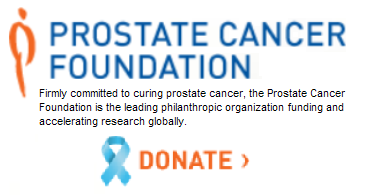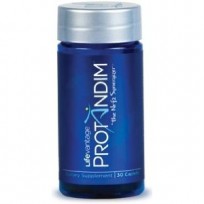The upcoming FDA ban on trans-fats has garnered a lot of media attention over the last few weeks and with that attention many questions on the effects of trans-fats on health and diet. So what are the dangers of trans-fats and why should they be banned from our foods?
Trans fats, or trans-fatty acids, are “created in an industrial process that adds hydrogen to liquid vegetable oils to make them more solid” (American Heart Asosociation, heart.org). Eating trans-fats lowers HDL (“good”) cholesterol levels and raises LDL (“bad”) cholesterol levels blocking arteries and increasing the chance of heart attack and stroke. Trans-fats, like all fats, also carry a whopping 9 calories per gram – nearly twice that of carbohydrates and fats. Diets high in trans-fats have also been linked to an increased chance of developing type-2 diabetes.
Trans-fats can be found in a number of everyday foods including shortening, tub butter, stick margarine, Crisco, Bisquick, fast-food French fries and hamburgers as well as certain ice creams and fried Ramen and Asian noodles. Deep-fat fried and highly processed foods are among the highest in trans-fats There are small amounts of trans-fats that occur naturally in meat and and dairy products, however the effect of these trans-fats on cholesterol is unclear compared to the effects of those produced by the food industry.
Companies use trans-fats because they are generally less expensive to produce and last longer and give a certain texture and taste to food that consumers have become used to for decades. However, there are many good alternatives to hydrogenated oils including saturated vegetable oils as well as corn, sunflower and safflower oils.
The FDA ban on tran-fats is a step in the right direction towards curbing obesity and improving the health of all Americans. Hopefully the FDA will continue to pursue restrictions on other harmful ingredients – including GMOs and high fructose corn syrup!
























 Watch this Video on A Better Way To Fight Harmful Free Radicals
Watch this Video on A Better Way To Fight Harmful Free Radicals
